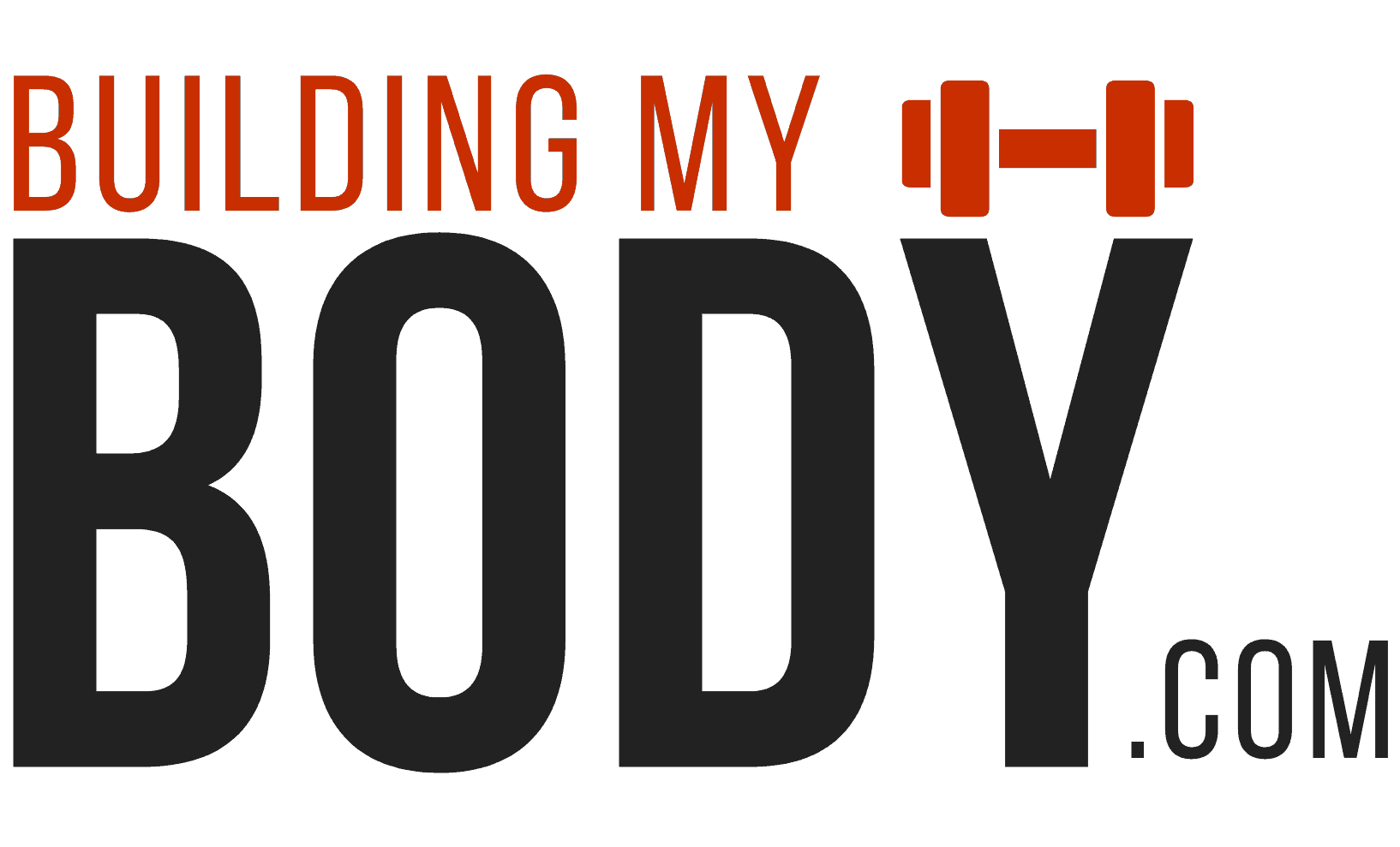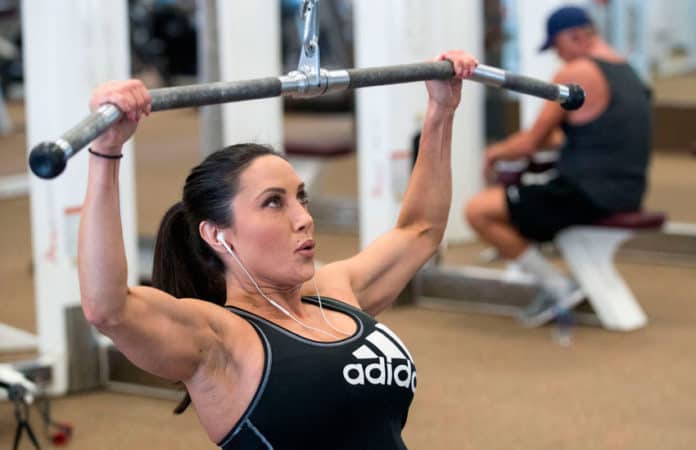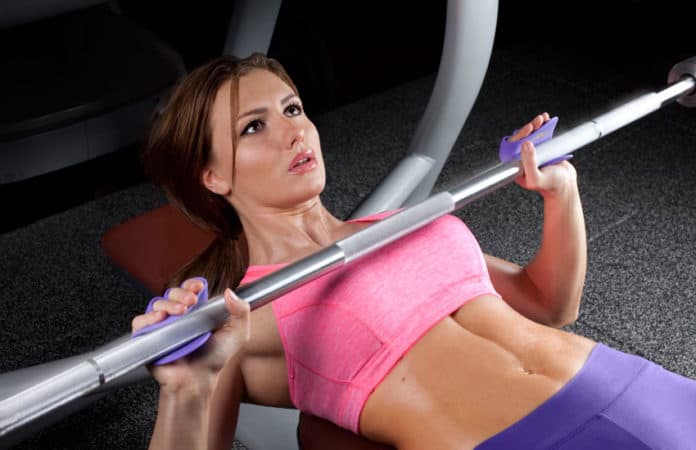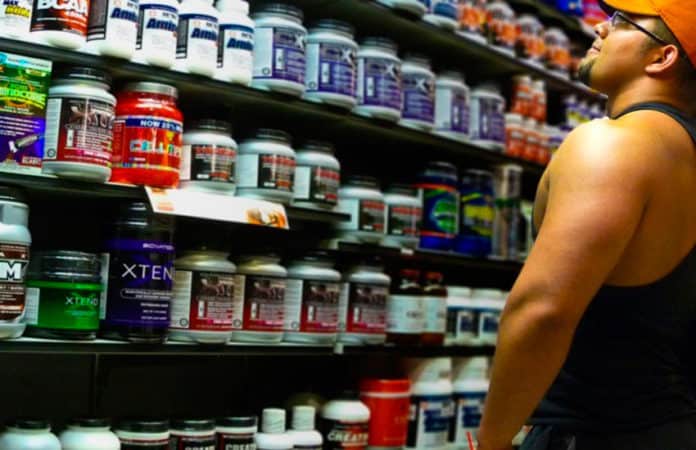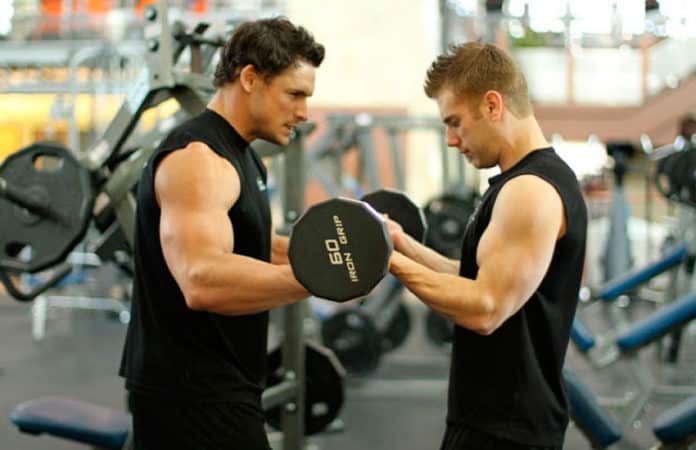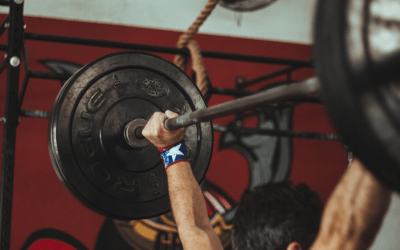As a teenager, it is natural to have limited patience, and want to accelerate the progress of gains. But how do supplements for teenage athletes fit into building their bodies?
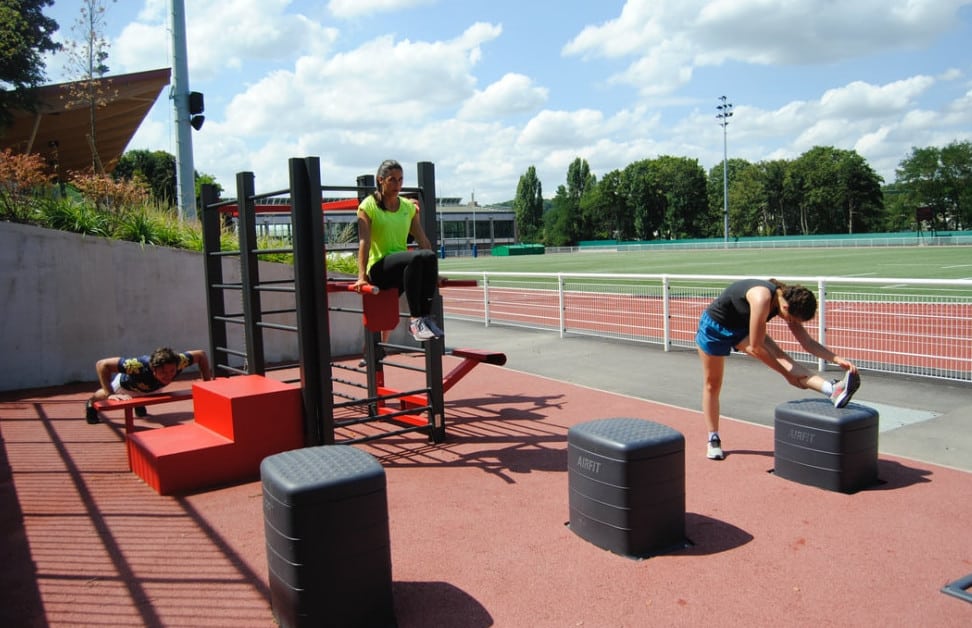
What is a supplement?
While nutritional supplements can be used exactly as they sound – to supplement your nutrition from the food you eat, they shouldn’t be used instead of a sensible nutritional plan and healthy diet.
A balanced diet forms the foundation for your body, you can’t defeat a bad diet with supplements any more than you can out-exercise it, as tempting as it might be to try.

It is important to note here, despite what you may have heard, supplements are very different from steroids or performance-enhancing substances and are not a “quick fix” or “quick result” product. However, they can assist with giving you more sustainable outcomes – particularly when it’s difficult to get all of your required nutrition through diet alone.
The right supplements can assist in the growth of muscle fibres by turning macronutrients like proteins, carbohydrates, and fats into muscle tissue.
Reasons for Supplementation
There are many reasons why athletes might want to take supplements. Some people believe that taking popular supplements will give them an edge over others. Others think that they can boost recovery after exercise.
We are bombarded by advertisements for supplements when searching for help with weight loss, competitive edge, sports nutrition, weight gain and muscle growth.
Nutrition
Nutrition for muscle building is often focused solely on getting sufficient protein to increase muscle mass, but it’s important not to forget the other two key groups of macronutrients – carbohydrates and fats also have a role to play.

It’s also important at this point to remember that in addition to proteins, fats and carbohydrates, a healthy and well functioning body needs various vitamins, minerals and other micronutrients to function optimally.
Are Sports Supplements Necessary for Teenage Athletes?
Regardless of the goal of your strength training activities, healthy food choices form the basis of having the energy levels necessary to undertake challenging exercises successfully.
But if you can’t fuel your body sufficiently through food alone, sports supplements are there to help fill in the gaps. These include creatine, caffeine, amino acids, vitamins and minerals.
There may be multiple reasons why your diet alone might not supply all of the fuel that your body needs. These range from dietary choices (paleo or keto for example), lifestyle or ethical choices (vegetarianism, or veganism), intolerances or merely a search for convenience and variety.

Are Sports Supplements Safe for Teens?
The short answer is usually yes if taken with care and under the appropriate supervision and with a plan – but beware of hype – the supplement industry was worth $151.9 BILLION in 2021 – that’s lots of incentive to convince you to buy sports nutrition supplements. There are many different types of sports supplements available, and they all come with varying levels of risk. But before we dive into what exactly those risks are, let’s first take a look at why teens might want to use them in the first place.
Sports performance
The best way to decide which one or ones might benefit you most is by talking to a professional – like a dietician, a medical professional, or your coach – but check that they’ve had proper nutrition training.
He or she will know whether any particular supplement has been tested for safety. They will also know what advantages from supplements athletes like you have gained and what their results were. Don’t forget, that the ingredients can vary between different brands of the same type of supplement, and what you are buying “off the shelf” might be different to the products that were used in clinical trials.
Your doctor may also recommend certain tests to determine whether you’re getting enough nutrients from food alone. For example, he or she may suggest blood testing to check levels of vitamins B12 and D, minerals like magnesium, zinc, iron, calcium, and potassium, and hormones like testosterone. There are also a number of private companies that have sprung up online over the past few years that will perform blood tests for a great range of things if your doctor doesn’t offer you this option.
Types of Supplements:
Creatine Supplement
Creatine is a naturally occurring substance found in meat, fish and seafood as well as in many different sports supplements. Although it occurs naturally in some foods, the body actually makes most of its creatine in the kidneys and liver. It’s also one of the most researched sports supplements in the world. In general – it is considered to be safe, as long as you are healthy with no kidney problems and you follow the guidelines. Any concerns at all stop and consult a professional.
Creatine increases the capacity of the muscles to do work. It’s used, indirectly within muscle cells to produce energy quickly. In high doses, it has been shown to increase strength and power output. Creatine as a supplement is allowed by the Olympic committee and the NCAA.
It is often used by adults with an initial week-long period of a daily high dose, followed by a much smaller daily maintenance dose for up to 16 weeks.
The effect isn’t long-lasting, so creatine supplements aren’t recommended for athletes competing longer than three hours.
Research shows that a blend of protein supplement and creatine allows your body to absorb and retain creatine better, it should not be used instead of protein, as although they are complementary, they both have different jobs.
Advantages and Disadvantages of Creatine Supplements
| Advantages | Disadvantages |
| Seems to improve performance and muscular strength in young and old. | Side-effects can include: dehydration, upset stomach and muscle cramps |
| Increases water retention in muscles – making them look bigger and fuller. | Low doses are considered safe in children and teenagers – however, consult your doctor first. |
| Doesn’t affect fat metabolism – it has no calories so won’t make you fatter. | Works with exercise, so taking Creatine without exercising will have no effect on your muscles or appearance. |
Protein Supplements
If you’re a teenager who wants to build muscle mass, protein supplementation may be beneficial. However, if your diet is high in protein-rich foods already, you may not require supplementation.
A study of 14-year-old male soccer players found that their protein requirements were 1.2g of protein per kg of weight. This is in line with the requirements for adults.
| Exercise Level | Adult Protein Requirement |
| Minimal | 1.0 g/kg of body weight |
| Moderate | 1.3 g/kg of body weight |
| Intense | 1.6 g/kg of body weight |
With all protein powders, make sure to check out the other ingredients too. There are really only a few that are necessary for the protein element, pretty well everything else is there to make it taste good or dissolve well.
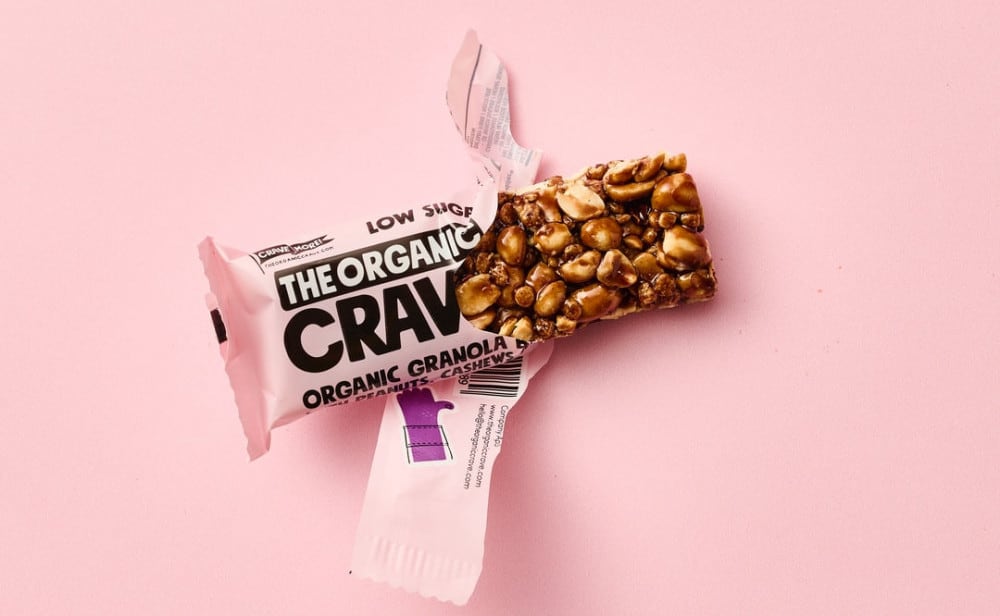
Protein Supplement Ingredients to Look Out For
If your protein choice is disagreeing with you – consider trying a different brand.
Gluten
Gluten is especially useful to avoid if you’re gluten intolerant!
Artificial Sweeteners
Artificial Sweeteners have been shown to make you actually crave sugar instead and screw with your digestion by messing up your guts! You might recognise these names:
- Sucralose
- Aspartame
- Neotame
- Acesulfame K
Gums
Xanthan gum (and other gums), can be hard to digest and cause bloating, but they do make your protein shake thick and smooth.
Carrageenan
Carrageenan is another thick and creamy maker – comes from seaweed, but can have some gut-wrenching side effects. There are some studies showing that it can inflame your bowels.
Maltodextrin
Maltodextrin is added to bulk up your powder. Maltodextrin is actually a type of sugar made by breaking down molecules of starch. It has no nutritional value, but as it’s easy to digest it is a quick source of energy. It’s often made from rice, corn or potatoes in the US, and wheat in Europe.
Some research has linked Maltodextrin to imbalances in the normal healthy gut bacteria, and its high glycemic index (every higher than sugar), which means it can quickly cause a blood sugar spike which is dangerous to people with diabetes or insulin resistance.
Whey and Casein Protein (Protein Powder)
Protein Powder is one of the widest used forms of supplementation and is generally considered very safe for teens as long as it is mixed with the correct amount of liquid and consumed sensibly in line with the package instructions. Proteins are a great source of amino acids which are crucial for standard bodily functions. They are easily available in the form of shakes and can be consumed before or after a workout.
Whey (from milk) is a widely used, fast-digesting protein, by athletes and is one of the best protein supplements for teens to use around a workout (before and after) to ensure abundantly available protein for the body to use immediately. Beware if you’re lactose intolerant though – when the whey and the casein are separated, the lactose goes into the whey – so try a whey protein isolate or another type of protein if you’re concerned.
Casein is another protein powder that comes from milk. It’s a slow-digesting protein (so great to take before bed to maximise available protein overnight). Casein is not as commonly known amongst teens so think of it as your muscle building secret weapon!
Vegan Proteins
Vegan protein powders aren’t as well known as whey protein, but they are certainly becoming more popular. They contain a wide range of plant-based ingredients and can be found spanning lentil, soy, pea, hemp/flax, quinoa, pumpkin and brown rice.
Advantages and Disadvantages of Protein Supplements
| Advantages | Disadvantages |
| It’s easy! When your diet can’t satisfy all of your protein requirements. | They may upset your stomach (although this is usually related to other ingredients in the supplement you’ve chosen) |
| Can add variety to your diet, regardless of the diet plan you’re following. | Some protein powders have been found to have high levels of toxins. |
| Convenient “on the go” options that don’t require a fork and knife (like bars, powders, snack balls, cookies, ready-made drinks etc.) | These can be high in sugars or calories, so check the labels carefully |
| Reduces hunger cravings. | |
| May reduce the risk of heart attack and stroke. |
Vitamins and minerals
Supplements are not recommended by the NHS unless advised by a doctor. They may contain harmful ingredients, so it’s best to stick to foods rich in vitamins and minerals. However, a multivitamin may be recommended if you don’t follow a healthy diet or are deficient in specific areas (usually identified through testing).
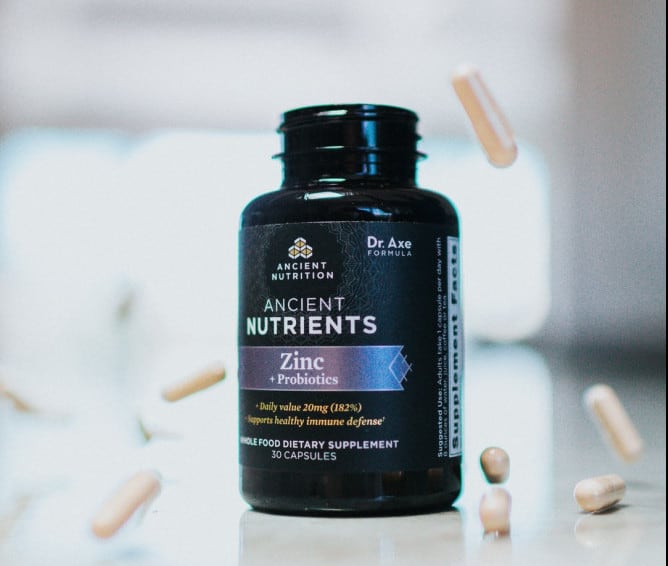
Advantages and Disadvantages of Vitamin and Mineral Supplements
| Advantages | Disadvantages |
| Can help cover deficiencies in the diet. | It is possible to overdose, particularly on fat soluble vitamins. |
BCAAs Branched Chain Amino Acids
The branched-chain amino acids (BCAAs) leucine, valine, and isoleucine are essential for muscle growth. They are found naturally in high quantities in meat, dairy products, eggs, and fish. Supplements containing BCAAs may increase muscle mass and strength during periods of intense training. However, they don’t seem to provide any additional benefit during normal daily activities.
If you’re working out fasted, however; BCAAs can help to supplement your protein levels without breaking your fast.
Amino Acids
Although amino acids form a building block of whey and casein protein, separate amino acid supplements are also available. Supplements like L-Glutamine are an abundant source of amino acids. Amino acids are also great anti-catabolic agents and improve the body’s immune system.
Advantages and Disadvantages of Amino Acid Supplements
| Advantages | Disadvantages |
| Support muscle metabolism and muscle building. | They may cause blood sugar issues. |
| May help reduce muscle soreness post-workout. | They may cause fatigue and loss of coordination. |
| May help you feel less fatigued when working out. | They may cause nausea, diarrhoea, stomach bloating and a reduction in your mood. |
Caffeine
Caffeine has become one of the most popular sports supplements. It’s found in many energy drinks and coffee products, but it’s not clear whether caffeine actually improves athletic performance. Some athletes claim it does, but others say it doesn’t. There’s some evidence that caffeine may increase endurance, but it could also cause side effects like anxiety, restlessness, insomnia, palpitations, and muscle cramps.
Excessive use of caffeine has been linked to adrenal fatigue – not what you want as a bodybuilder! It can also cause issues with certain health problems. So if you are starting out with caffeine – check with your doctor if you have any known health conditions, and if you get the ok – then start out with a low dose of caffeine – consider having a coffee or tea before your workout to start and see how you get on.
Advantages and Disadvantages of Caffeine Supplements
| Advantages | Disadvantages |
| Seems to increase athletic performance and physical strength. | Not safe in large doses. |
| Seems to stop you from getting so tired while exercising. | Can cause insomnia, restlessness, anxiety, chest pain, nausea and headache. |
| Can increase fat burning and mood. | Can make certain medical conditions worse – check with your doctor! |
Why do young athletes use supplements?
Supplements are often used by young athletes because they believe they will give them an edge over others who don’t take them. But to make this work requires careful consideration of training, nutrition and the unique requirements of your individual body.
Some supplements may provide small benefits, but many contain ingredients that have side effects. For example, creatine can cause muscle cramps if taken too frequently, and some people experience gastrointestinal problems after taking protein supplements.
So you know you’re working out with the proper form to increase your athletic performance, but have you factored in how you’re fueling your body? Let us know in the comments.
